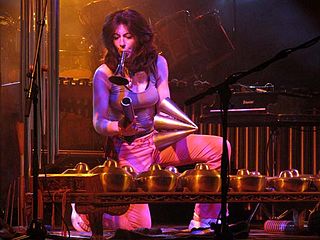A Quote by Robin S. Sharma
You can't become a history-maker stuck in tiny thinking. You just can't.
Related Quotes
When a patient says he feels stuck and confused, and through good intentions he struggles to become loose and clear, he only remains chronically trapped in the mire of his own stubbornness. If instead he will go with where he is, only then is there hope. If he will let himself get deeply into the experience of being stuck, only then will he reclaim that part of himself that is holding him. Only if he will give up trying to control his thinking, and let himself sink into his confusion, only then will things become clear. (64)
Positive thinking is just one small part of positive psychology. Plus, as an approach to well-being, positive thinking only helps you to the extent that it yields one or more positive emotions. The problem with positive thinking is that it sometimes just stays up "in the head" and fails to drip down to become a fully embodied experience.




































